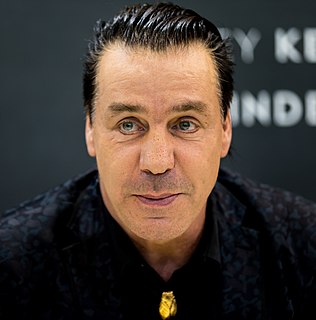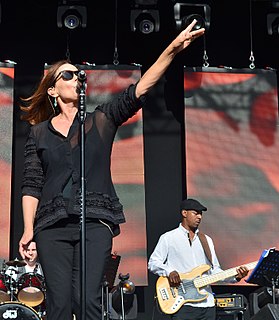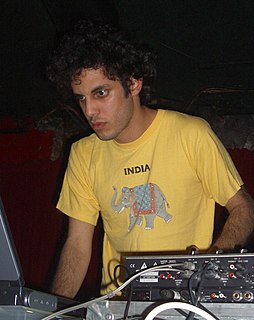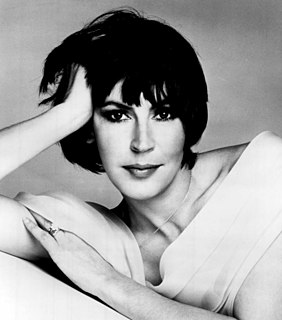A Quote by David Gilmour
The old ways still apply. You can still send tapes to record companies, and there are record companies, you know, there are one or two of the record companies do declare proudly that they listen to every single one that comes.
Related Quotes
I think bands will actually make more money without record companies; a much bigger share of the money will go to the bands. You won't have record shops taking 40 percent of the money. You won't have record labels taking 40 percent of the money. So they don't have to sell as many albums as they used to in the past. So it's not necessarily a bad thing if record companies disappear.
When it all started, record companies - and there were many of them, and this was a good thing - were run by people who loved records, people like Ahmet Ertegun, who ran Atlantic Records, who were record collectors. They got in it because they loved music... Now, record companies are run by lawyers and accountants.




































